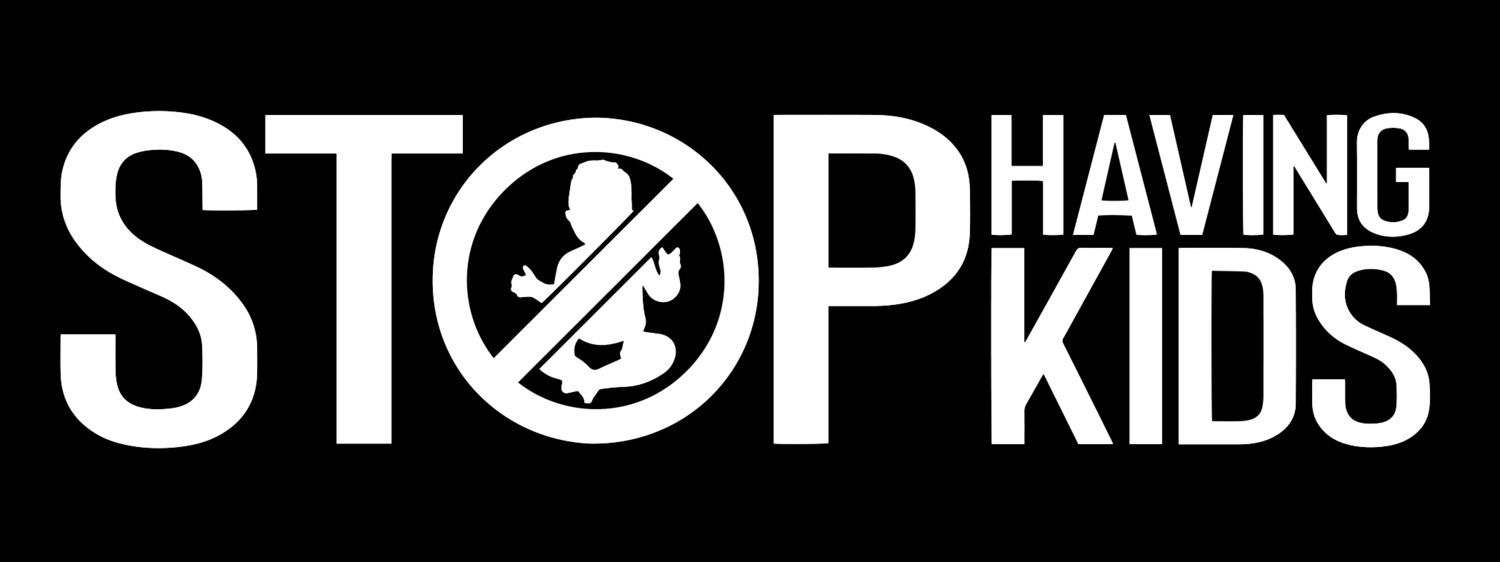Why Humans Don’t Need To Have Kids To Be Happier
Parenthood is traditionally thought to be beneficial to a person in significant ways. Some of the professed benefits include giving meaning to life and providing psychological, emotional, and social well-being. However, the vast majority of research on the subject has proven otherwise. Childfreedom actually appears to have a positive impact on life satisfaction, rates of depression, and marital satisfaction, among other things.
While a few studies have found there to be no difference in life satisfaction between parents and non-parents, most of them found an increase in satisfaction among those without children. A recent meta-study concluded that “Despite a range of cultural groups and inclusion of different predictors, controls, and moderating variables, the positive association between being childfree and higher life satisfaction appears in most studies.” More specifically, financial stability, education, freedom, living in an urban area, marriage, agreeableness, better health, and control over decisions were aspects of life satisfaction that were found to be positively impacted by not having children.
The negative effects of the stress of parenting have been established by numerous studies and have been found to be more pronounced among women, single parents, and those of a lower socioeconomic status. One study that measured the effects of parenthood on wellbeing among individuals in 94 different countries found that parenthood had a negative effect on wellbeing due to the associated financial stress. One finding that has been statistically significant and consistent across studies is that parents with minor children still living with them are less happy than empty nesters of a similar age.
Not surprisingly, the effect of being a parent has shown to be more pronounced for women. Having kids was found to be associated with a statistically significant decrease in women’s happiness. Children were even found to have a notably negative effect on marital happiness; married mothers are less happy with their marriages compared to women without children. Lower well-being was particularly pronounced for women who had children earlier in life. Parental stress has even been found to be correlated with an increased risk of early-onset hypertension in women. Additionally, the highest levels of depression in women were found to occur among mothers: those who had never married and those who had outlived their children.
Never-married, childfree women tend to benefit from more social activity as well as higher levels of education. Additionally, childfree adults have been found to have the lowest levels of depression across marital status groups. An important variable to consider in terms of happiness for the childfree is the degree to which the nation they live in is pronatalist, that is, to what degree people are encouraged by society to have children. As you might guess, pronatalist societies have a negative effect on the happiness and life satisfaction of childfree adults. This effect was stronger in countries with below-replacement fertility rates. It’s an interesting factor to consider as it relates to societal expectations rather than a more direct impact of the choice to have or not have children.
A variable of note for parents appears to be the type of society the person lives in, and consequently the amount of government support given to parents. Norway and Hungary are two countries with high levels of public support and likewise were the only countries where parents were found to be happier than non-parents. Interestingly, among the countries where parents were found to be less happy, unhappiness was most pronounced in the United States.
The lack of benefit to having children persists later in life as well. Despite the common trope of the elderly, childfree person having a meaningless life, a study of 85-year-olds actually found that there was no difference in life satisfaction, depression, or meaning in the lives of parents vs. non-parents. The only study that found childfreedom to be associated with higher rates of depression and loneliness in old age only found the effect among unmarried childfree men, particularly if they were formerly married. For parents, worse-than-expected relationships with their adult children were tied to lower well-being.
Despite the pervasive societal narrative of parenthood having a positive impact on one’s life, most research has shown it to have a neutral effect at best. With parenthood comes stress and responsibility, leading to higher rates of depression, lower rates of marital satisfaction, and lower general well-being. This effect is most pronounced among women and parents with minor children in the home. It would be beneficial for individuals as well as society in general if we stopped falsely viewing parenthood as necessary for attaining happiness in life.
References:
Does Having Children Make People Happier In The Long Run? - Institute For Family Studies
Childlessness and Mental Well-Being in a Global Context - Journal of Family Issues
A Systematic Review of Life Satisfaction Experiences Among Childfree Adults - The Family Journal
Parenthood, Childlessness, and Well-Being: A Life Course Perspective - J. Marriage Fam

